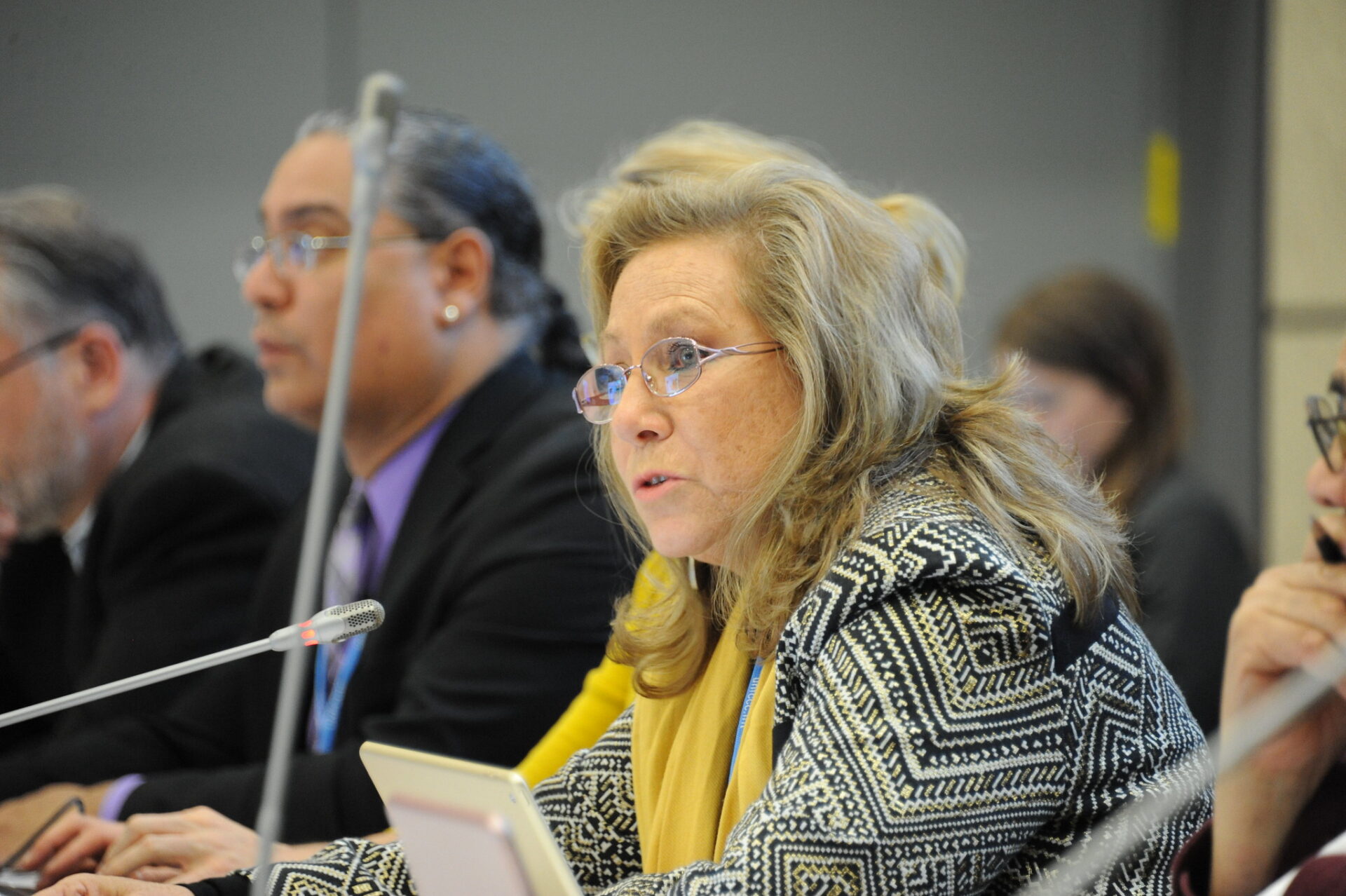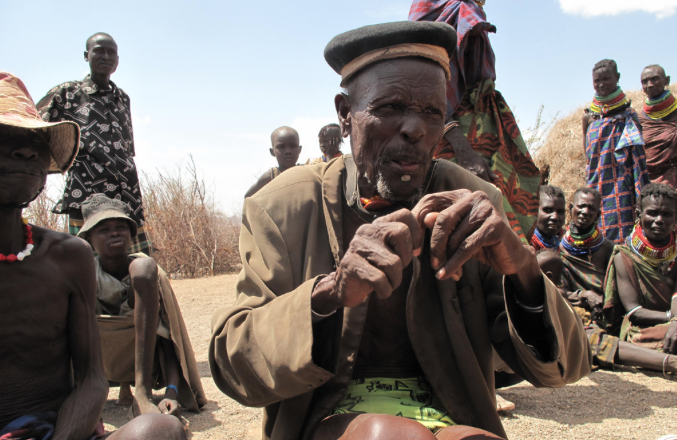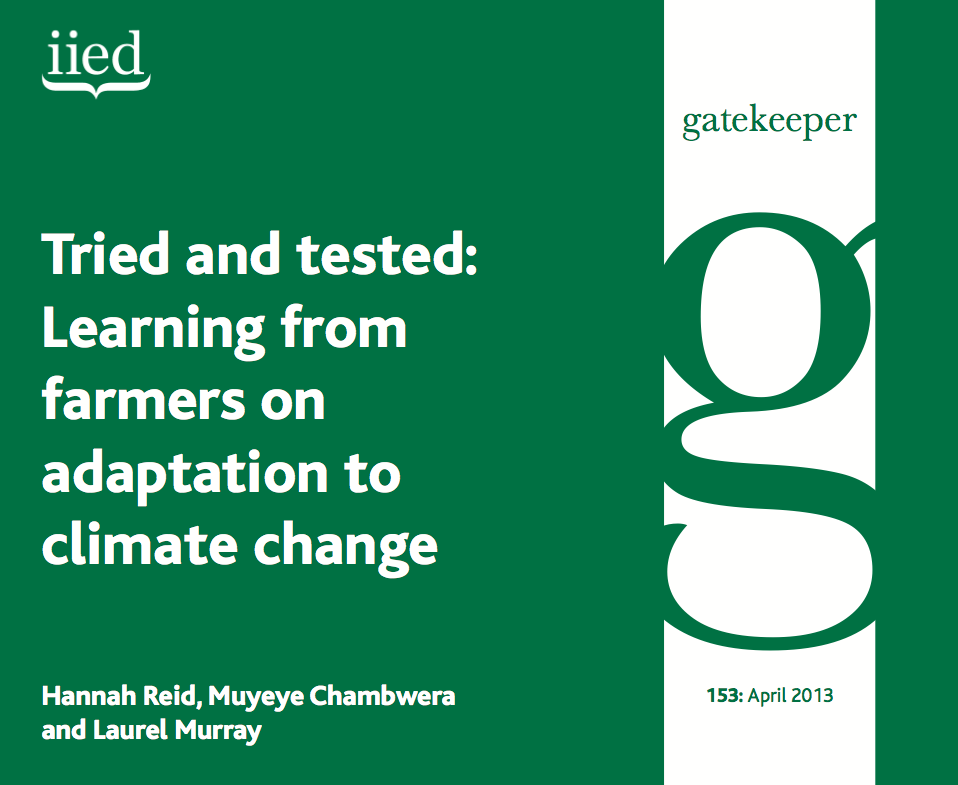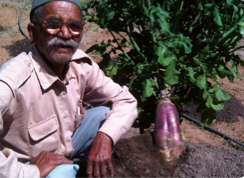traditional practices
Indigenous people, water, and climate change
This policy brief was prepared following the momentous UNFCCC Conference of the Parties (COP25) outcome in which Parties adopted a two-year workplan for the Local Communities and Indigenous Peoples’ Platform (LCIPP).
Pastoralism and the green economy – a natural nexus?
The report describes the growing interest in the green economy and the huge potential of pastoralism to contribute to the delivery of sustainable outcomes.
Tried and tested: Learning from farmers on adaptation to climate change
This paper underscores how measures to increase climate change resilience must view food, energy, water and waste management systems as interconnected and mutually dependent.
Smallholder Innovation for Resilience (SIFOR) – Biocultural innovations to confront climate change
SIFOR is working to stem the loss of traditional knowledge and agricultural techniques by strengthening communities’ capacity to innovate through participatory action-research.



